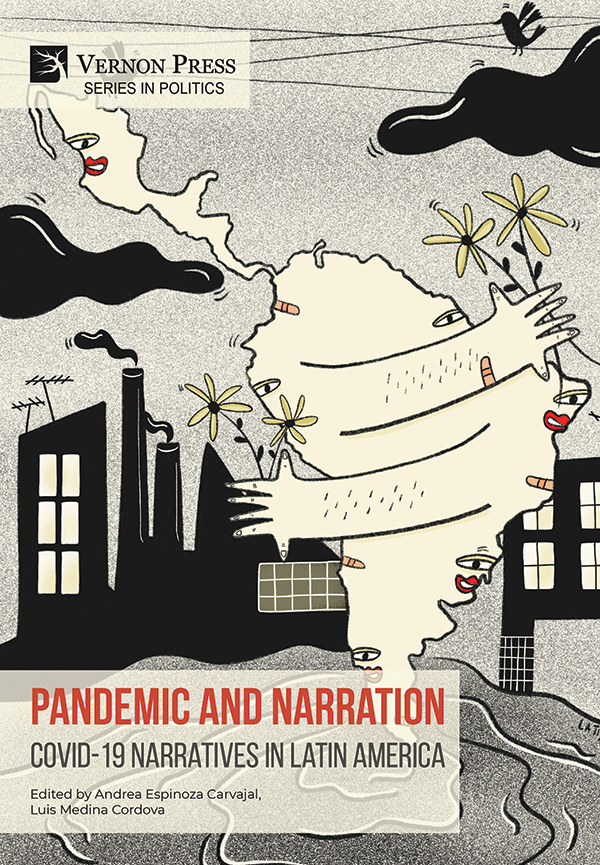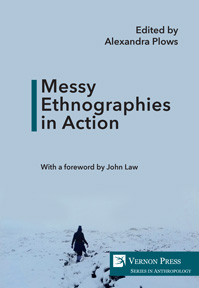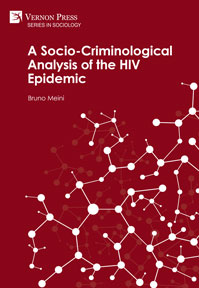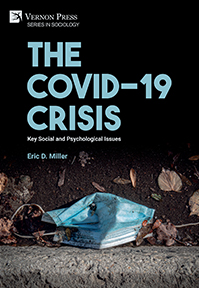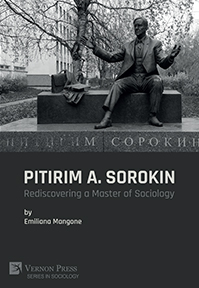Pandemic and Narration: Covid-19 Narratives in Latin America
Andrea Espinoza Carvajal, Luis A. Medina Cordova (Eds.)
by Luciano Rodrigues Castro (Federal University of Goiás, Brazil), Eunice Rojas (Furman University), Kelly Bauer (Nebraska Wesleyan University), Claudio Villalobos Dintrans (Nebraska Wesleyan University), Andrea Espinoza Carvajal (University of Exeter), Luis A. Medina Cordova (University of Birmingham ), Ulisses Terto Neto (Goiás State University, Brazil), Caio Augusto Guimarães de Oliveira (Federal University of Goiás, Brazil), Ana Paula de Castro Neves (Federal University of Goiás, Brazil), Trudy Mercadal , Saskia Zielińska (King’s College London), Lea Happ (King’s College London), Daniel Romero Suárez (Pontificia Universidad Católica del Perú, Peru), Katie Brown (University of Exeter), Barbara Ann French (Germanna Community College), Carmen Coury (Southern Connecticut State University), Daniel Sarkela
Purchase this book
(click here to change currency)
This volume unites the writing of a new generation of Latin Americanists. Their focus on how different actors and institutions imagined the pandemic and what this forced or allowed them to do or deny is powerful and necessary; the chapters shed light on the morality and inequality of health interventions and imaginations, and how Latin Americans across the continent used their creativity to survive, overcome, and thrive in the everyday. Highly recommended to anyone interested in the ‘pandemic years’ and their aftermath.
Professor Jelke Boesten
King’s College London
'Pandemic and Narration: Covid-19 Narratives in Latin America' sheds light on how, as Covid-19 spread, infecting and killing millions across the world, life not only continued to be experienced but also continued to be narrated.
By putting together this volume, we help understand what happened in the region from a perspective in which, unlike most of what we saw during the health emergency, numbers, statistics and percentages are not at the centre of the analysis. The essays gathered here foreground something else: the manifold ways Covid-19 was subjectively and collectively narrated in the news, government reports, political speeches, NGO communications, social media, literature, songs and many other media. From a wide range of disciplinary approaches, the contributors to this edition pay attention to how fictional and non-fictional stories, official discourses, as well as personal and political accounts, documented, represented and shaped the health crisis, laying bare how —in Latin American countries— the spread of the virus intersected with corruption, gender-based violence, inequality and exclusion, as with community, solidarity and hope.
Readers will find that the focus on narrative provides an alternative source of knowledge on Latin America’s Covid-19 experience. Our perspective contrasts with the usual emphasis on death tolls, infection rates, weekly cases, vaccination counts, and the plethora of statistics that illustrated the gravity of the situation in the build-up to, during, and after the peak of the crisis. While extremely important to understand the situation, numbers do not tell the whole story. A comprehensive picture of the pandemic can only be achieved when the stories of the virus are accounted for. Health, after all, is no stranger to narrative. And neither is Latin America.
List of Acronyms
About the Authors
Introduction
Andrea Espinoza Carvajal
University of Exeter
Luis Medina Cordova
University of Birmingham
Chapter 1 ¿La Vida Volverá? Affect in Musicians’ Narrations of the Pandemic in Chile
Eunice Rojas
Furman University
Daniel Sarkela
University of Florida
Chapter 2 Putting Eggs in One Basket: Political Discourse and Action During the Covid-19
Vaccination Rollout in Chile
Kelly Bauer
George Washington University
Claudio Villalobos Dintrans
Independent Researcher
Pablo Villalobos Dintrans
Millennium Institute for Care Research
Chapter 3 Covid-19, Human Rights and Denialism in Brazil: How has Former President Jair Bolsonaro Adopted a Denialist Rhetoric to Covid-19, Early Treatment and the Use of Vaccines?
Ulisses Terto Neto
Goiás State University, UEG, Brazil
Caio Augusto Guimarães de Oliveira
Federal University of Goiás, UFG, Brazil
Luciano Rodrigues Castro
Federal University of Goiás, UFG, Brazil
Ana Paula de Castro Neves
Federal University of Goiás, UFG, Brazil
Chapter 4 “Monstruos” and “Mujeres Callejeras”: Covid-19, Gender-based Violence and Discourses of Blame in Peru
Saskia Zielińska
King’s College London
Chapter 5 Aborting in Isolation: Testimonial Narratives, Affect and Feminist Political Identities in Covid-19 Argentina
Lea Happ
King’s College London
Chapter 6 When Community Utopias Neutralise Biomedical Morals: The Poetry of Covid-19 in Peru and Chile
Daniel A. Romero Suárez
Pontificia Universidad Católica del Perú
Chapter 7 Pasajeras: A Lockdown Anthology as Female Solidarity
Across Borders
Katie Brown
University of Exeter
Chapter 8 Nothing is Normal, Everything is Normal: Disruption and Continuity in Guayaquil’s Pandemic Experience
Andrea Espinoza Carvajal
University of Exeter
Luis Medina Cordova
University of Birmingham
Chapter 9 The End of The World: Decoding the Ideological Framework of Latin American Pandemic Narrative Today
Barbara Ann French
Germanna Community College
Chapter 10 Costa Rica Trabaja y Se Cuida: Oral Historical Reflections on Pandemic Inequities
Carmen Coury
Southern Connecticut State University
Chapter 11 The Collective Narratives of Covid-19 in Guatemala: The State, The Church, The People
Trudy Mercadal
Independent Researcher
Index
Andrea Espinoza Carvajal is a postdoctoral fellow at the University of Exeter, United Kingdom. She specialises in violence against women in Latin America, particularly in Ecuador and the Andean region. Her work focuses on how women react, adapt, and/or normalise behaviours to survive, endure or disrupt hierarchical and subordinative power structures. Her research follows a feminist and decolonial epistemology and relies on ethnographic and arts-based research methods. She holds an MSc in Latin American Development and a PhD in Gender and Development from King’s College London.
Luis Medina Cordova is a Lecturer in Modern Languages at the University of Birmingham, United Kingdom. He specialises in the study of contemporary Ecuadorian and Latin American writing. After being awarded a PhD in Latin American Studies by King’s College London in 2020, he has held teaching positions at King’s College London and the University of Manchester. In 2021, he won the Association of Hispanists of Great Britain & Ireland Publication Prize. His monograph, 'Imagining Ecuador', published in 2022 by Tamesis Books, explores contemporary Ecuadorian fiction, its connections with economic phenomena and its impacts on the study of World Literature.
Covid-19 in Latin America, Covid-19 narratives, coronavirus in Latin America, Covid-19 narrative analysis, coronavirus pandemic in Latin America
See also
Bibliographic Information
Book Title
Pandemic and Narration: Covid-19 Narratives in Latin America
ISBN
978-1-64889-821-1
Edition
1st
Number of pages
282
Physical size
236mm x 160mm

